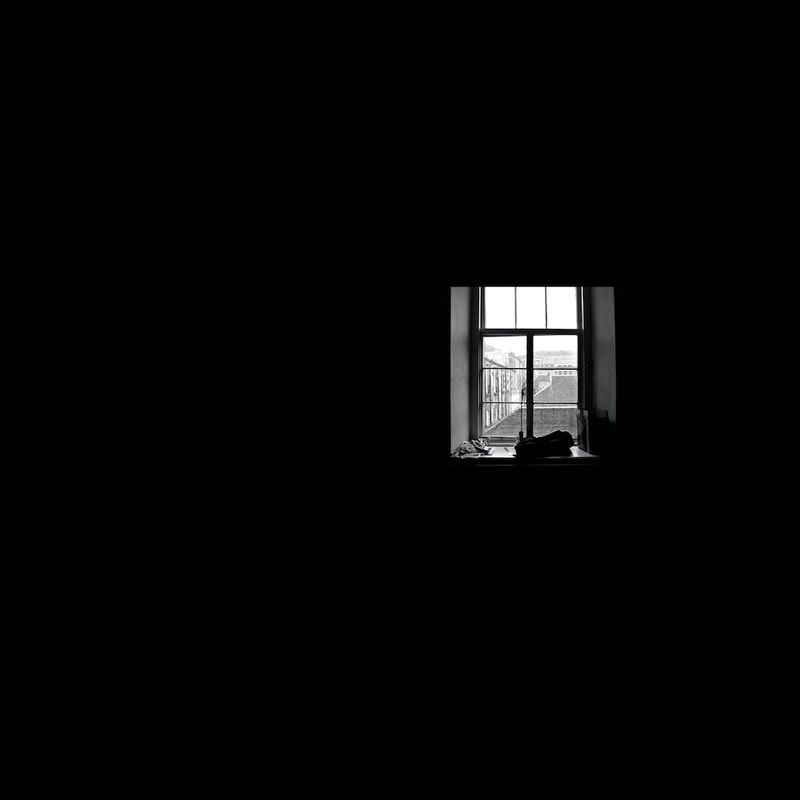Greg Wallace visits ‘human meat harvesting factory’ Good Harvest as Channel 4 Miracle Meat viewers sickened
Introduction
In a shocking turn of events, Greg Wallace, the popular Masterchef presenter, recently visited the Good Harvest factory in Lincoln for a special documentary called Miracle Meat. Good Harvest is a food processing plant that aims to end the cost of living crisis by harvesting flesh from humans, including children under 7. The documentary, which aired on Channel 4, left viewers horrified and sickened by the controversial concept.
The Cost of Living Crisis and Good Harvest’s Solution
The cost of living crisis has been a pressing issue for many households, with rising expenses and stagnant incomes. Good Harvest aims to address this crisis by offering individuals a new source of income through the extraction of their own flesh. Donors at Good Harvest are informed about which parts of their body can be sold for meat and the potential monetary yield. According to the documentary, donors could receive as much as £495 per donation, which can be put towards their gas or electricity bills.
Greg Wallace, while visiting the factory, interviewed the CEO of Good Harvest, who explained that their goal is to disrupt the cost of living crisis by paying individuals to have their flesh harvested. The CEO highlights the potential benefits of this opportunity and emphasizes the importance of finding the right people to participate.
The Controversy and Viewer Reactions
The documentary aired scenes of individuals having their flesh harvested and children being prepared for extraction. These scenes left viewers appalled and disturbed. Many took to social media to express their outrage and disbelief at the concept of selling and consuming human meat for financial gain. Some viewers expressed the opinion that Greg Wallace’s involvement in such a program and his willingness to consume human meat raised ethical concerns and questioned his morality.
However, it is important to note that the documentary ended with a serious message from Greg Wallace, who referenced the Trussell Trust and the need for a benefits system that works for all. It became clear that the program was a satirical take on the cost of living crisis, using extreme scenarios to bring attention to the issue rather than promoting the actual consumption of human flesh. Channel 4 even included a message at the end of the program, directing viewers to the satirical show “Brass Eye” to further emphasize the satirical nature of the documentary.
Editorial and Discussion
Though the documentary was meant to be a satirical exploration of the cost of living crisis, it raises important ethical and philosophical questions about the commodification of human bodies and the potential consequences of extreme solutions to societal problems.
The concept of harvesting human meat for economic gain challenges fundamental moral principles. It forces us to confront the value we place on human life and the boundaries we set regarding the treatment and usage of human bodies. The consumption of human flesh, especially that of children, evokes a visceral and instinctive response of repulsion and moral objections.
Furthermore, the program’s satirical tone prompts us to reflect on the lengths we might consider going to address social and economic challenges. It serves as a stark reminder of the dangers of dehumanization and the potential disregard for human dignity that can arise when faced with desperate circumstances. By presenting such an extreme solution, the documentary encourages its audience to think critically about the problems we face and the moral limits we should observe.
Conclusion and Advice
While the documentary may have shocked and disturbed viewers, it is crucial to recognize its satirical nature. Good Harvest and the concept of human meat harvesting remain fictional creations aimed at initiating a thoughtful conversation surrounding the cost of living crisis. Instead of promoting the consumption of human flesh, the program serves as a cautionary tale, urging us to seek more humane and ethical solutions to socioeconomic challenges.
In tackling the cost of living crisis, it is imperative to prioritize the welfare and dignity of individuals. Society should focus on implementing policies and initiatives that ensure adequate and fair compensation, access to essential services, and effective safety nets. By doing so, we can address the root causes of the crisis without resorting to extremes that compromise our fundamental ethical principles.
The program may have sparked outrage and confusion, but it ultimately serves as a reminder of the importance of critical thinking and ethical considerations when confronting complex social issues.

<< photo by Josh Nuttall >>
The image is for illustrative purposes only and does not depict the actual situation.




